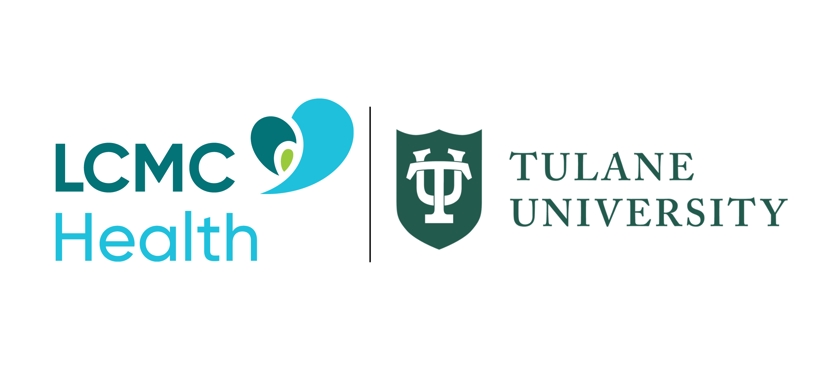It’s a win-win: how you and others benefit when you donate blood
- Category: Community, Blood Bank
- Posted on:

Looking for ways to give back to our community? If you can, donate blood! When you donate, you can literally save lives.
By rolling up your sleeve for a blood donation, you make an immediate impact on people in New Orleans and the surrounding areas. You—as the donor—benefit, too. Read on as our LCMC Health experts explain.
Why blood donation is important
Every two seconds someone in the U.S. needs blood. In addition to providing blood in situations involving trauma and blood loss, transfusions may also be necessary for those with chronic illnesses, such as blood disorders, people who are undergoing cancer treatment, or surgery patients, including those having organ transplants.
A single blood donation can save up to three lives. Unfortunately, the stark reality is that most people who are eligible to donate blood do not do so. In fact, the American Red Cross points out that only 3% of those who are eligible donate blood each year.
That means there is a constant need for more blood donors to fill in the gap.
The facts about eligibility to donate blood
Wondering about your eligibility to donate blood? There are different types of blood donation, and the requirements for donation vary by type.
- Whole blood donation: This is the most common type of donation. You can donate whole blood every 56 days (or up to six times per year) if you’re at least 16 years old, weigh at least 110 pounds, and are in good health and feeling well. Those who are 16 years old will be required to have a parent provide consent prior to donating.
- Red blood cell, or “Power Red,” donation: You can donate red blood cells every 112 days (or up to three times per year) if you’re in good health and feeling well. Male donors must be at least 17, at least 5 feet 1 inch tall and at least 130 pounds. Female donors must be at least 19, at least 5 feet 3 inches tall and at least 150 pounds.
- Platelet donation: You can donate every seven days (or up to 24 times per year). Eligibility requirements are the same as a whole blood donation.
- AB Plasma donation: You can donate every 28 days (or up to 13 times per year) if you’re at least 17 years old, weigh at least 110 pounds, are in good health and feeling well, and have type AB blood.
People of all blood types can donate whole blood and red blood cells. If you are type O negative or type B negative, you are encouraged to donate platelets.
Before you give blood, your pulse, blood pressure, temperature and hemoglobin levels will be checked to ensure you’re in good health and not anemic.
The benefits of donating blood
Because there’s no substitute for blood, donations are vitally important. Each type of blood donation benefits specific patients—platelets, for example, are often used for cancer patients, while red blood cells are commonly used for people with blood disorders.
While blood donations certainly benefit the recipients and the overall blood supply, they benefit the donor, too. The act of donating simply feels good, so it can improve your emotional health.
There are also physical benefits. Regularly donating blood has been tied to lower blood pressure and a decreased risk of heart attack. That may be, in part, because you get a mini checkup each time you donate blood by having important health markers assessed.
Plus, when you donate blood, you’ll also burn calories as your body works harder to replenish your blood supply. Although you won’t lose a noticeable amount of weight through a blood donation, it’s still a good calorie burner.
The bottom line? When you donate blood, there are lots of benefits to go around!
LCMC Health is counting on you! Find a blood drive near you to donate blood.

